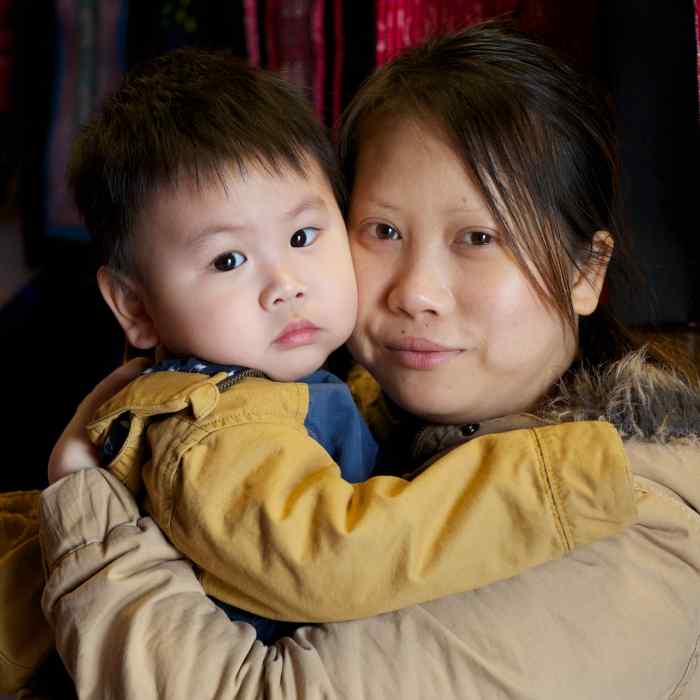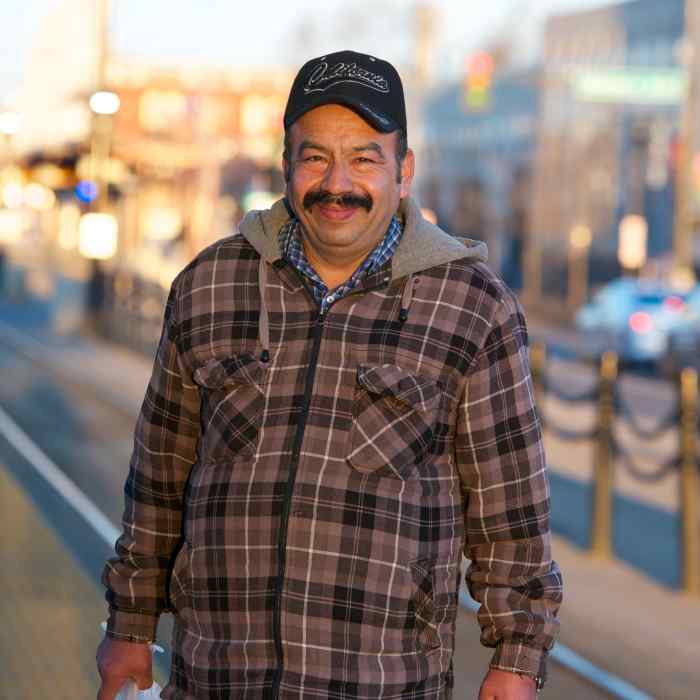Speaking for Ourselves
A Study with Immigrant and Refugee Communities in the Twin Cities
Speaking for Ourselves: A Study with Immigrant and Refugee Communities in the Twin Cities looks at the experiences of Hmong, Karen, Latino, Liberian, and Somali immigrants and refugees living in Hennepin and Ramsey counties.
Wilder Research interviewed 459 immigrants and adult children of immigrants about their families, education, jobs, health, and engagement in their communities to learn the biggest needs of immigrant and refugee communities in the Twin Cities, the issues of greatest concern, and assets available to address them. The project was guided by an advisory board of members of immigrant communities, nonprofit organizations and other agencies that identified the kind of information that would be most helpful to gather and the types of questions to ask. Interviewers used culturally appropriate methods to collect data from Hmong, Karen, Latino, Liberian, Somali, Lao, Oromo and Vietnamese cultural communities.
The study identified important information about the immigrant experience in the Twin Cities, including civic participation and social engagement; education; employment; health, mental health, and health care access; personal money management; and transportation, housing, and safety. Wilder Research shared the findings and recommendations at an action summit with advocates, policymakers, government agencies and others, during which a cross-sector panel of organizations serving immigrants and refugees discussed the findings, shared their ideas, and discussed next steps.
Key Findings
- Health care, employment assistance, housing, and food support were identified as the most helpful resources for new immigrants.
- Basic needs (such as food, housing, and clothing) and jobs and employment training are the areas where more resources are needed to make the transition to Minnesota easier for immigrants and refugees.
- Participants want community leaders, organizations, and government agencies to learn more about their communities.
- Over half of participants have felt they are not accepted at least once in Minnesota because of their race, culture, religion, or immigration status; 2 out of 10 participants says they feel this way once or twice a month or more often.
Ideas for Action
- When a refugee moves to Minnesota from another state, they do not have access to any refugee resettlement funding once they arrive in Minnesota. These funds are a resource to meet the basic needs that the immigrants and refugees who participated in this study say they need and appreciate. Consider public policy solutions.
- As a broader Twin Cities community, we should learn more about the needs, preferences, attributes, and assets of immigrant and refugee communities and build relationships by working together to create a more welcoming environment and improve the quality of life for immigrants and refugees, and everyone, in our community.

